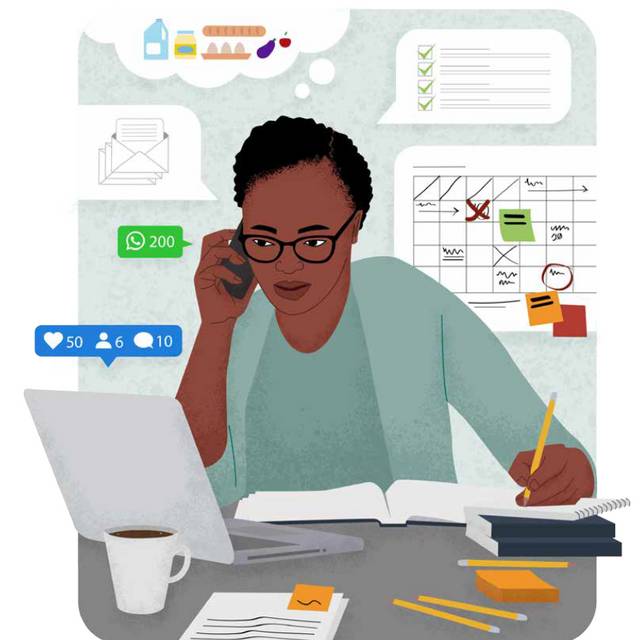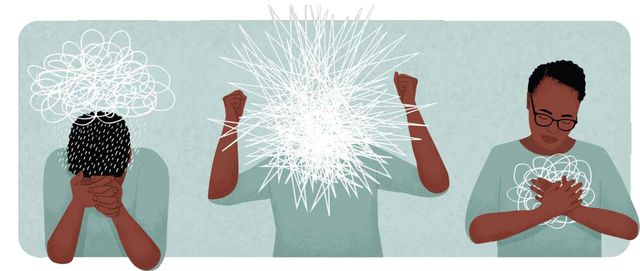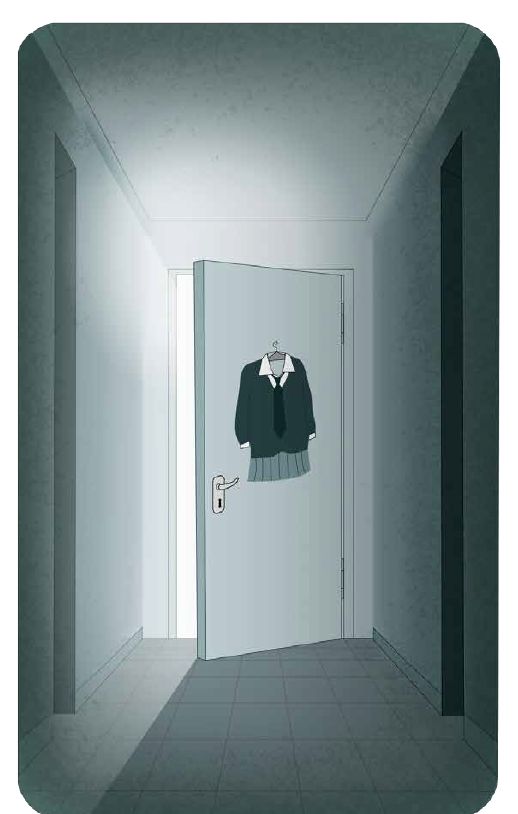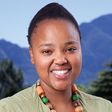
Alumni on the Move
Loss in the time of lockdown
The cliché of “apart, together” belies the alienation of the COVID-19 lockdown experience. Athambile Masola (South Africa & RU, 2010) chronicles the painful personal insights she gained in isolation.
‘The world is resting.’ These words leave me incredulous. A few months ago I was living in a bustling Johannesburg making a flurry of plans for a post-PhD life. I had plans to travel, plans for new research projects, plans to see friends. I had not planned to rest, and had quickly published an essay in Africa is a Country. My supervisor wrote to me that “the ink is still wet on the thesis”, reminding me to rest. If that reminder didn’t work, the COVID-19 lockdown gave me no choice. Amidst the confusing headlines and images of glaring inequality in South Africa, I began to grieve the loss of my normal life. I am still grieving. I am grieving the loss of certainty. I am grieving the ability to plan. I am grieving the loss of freedoms I took for granted. I am grieving the consequences of the lack of social solidarity in the face of a global pandemic. I am grieving the loss of lives who have largely remained faceless and nameless.

After making peace with the grief I had no choice but to rest. I slept. I was shocked every time I woke up at 10am or noon. For years I had mastered the art of waking up with the early birds with a to-do list waiting for me. I had no desire to write. I had no desire to read. I had no podcast to edit. I had no thesis to work through. I had no office to go to. I had no coffee date to schedule. I had no meeting to attend. I had no shop to aimlessly wander around and buy what I knew I did not need.
I gave myself permission to cry when I realised that part of my obsession with work has been a useless attempt to get a semblance of control into my life. I have struggled with the tyranny of productivity since I was handed a homework diary in my first year of school. I have lived according to times and dates and the veneer of certainty for as long as I have been reading the world. My sense of worth became about the ability to fill a diary with activities I could tick off at the end of the day signifying control, achievement and value. In the absence of plans, how would I make meaning of my life?
During the lockdown my body came to a halt of its own accord. My muscles were weighed down by grief and rage. In spite of the many attempts to challenge the indignity of gaping inequality, some were still shocked that COVID-19 was showing a reality that many - including our government – have perpetuated. I was enraged by images of white people panic-buying while being force-fed a narrative about social solidarity that does not exist in South Africa. I was enraged at the vindication that government can act and deliver water tanks in areas with no water. They simply chose not to deliver services in some areas for 26 years. I was enraged when two families donated two billion rand to an entire nation. I was enraged that poor black people had to fight for their survival and dignity while contending with the army. The rage and the grief collided with a lack of preparedness.
Initially I couldn’t quite tell if the crisis would be apocalyptic. Would I need to find connections on the black market to get food? Or was this a strange interregnum with a semblance of normality, while political leaders pretend that they have control over the situation? With some relief, I came to realise it was the latter. Preparation has always been central to my ability to survive. I grew up making friends with tragedy and loss, and understanding that loss is closely related to hope. Growing up poor and moving around because of evictions and homelessness, I developed an understanding that the power of surviving was in being ready for the worst. I could then enjoy the small joys when things did not meet my worst-case scenario expectations. When I was 15 I lived for months waiting to be evicted. Mama’s effort to prepare us was to make us empty our cupboards and drawers and put our clothes in plastic bags, so that when the eviction happened we would simply tie up the bag and head out the door. When the eviction did eventually happen we were ready. The lessons from the first eviction had strengthened our resolve. I came back from school one day when I was eight years old to find my school shirts waiting on a hanger near the doorway. Mama gave us instructions to follow. And so I am the citizen who follows instructions.

Being constantly ready to chase survival makes for hard edges. In spite of the lessons I learned in my childhood, I desperately wanted to soften the edges I’ve developed. I wanted to lose the hardness that comes with being resilient in a precarious world. Completing my PhD together with the end of my divorce proceedings felt like a rite of passage. I wanted to come up for air. I wanted to breathe a little easier and lay down the tools I had used to survive. Just as I began to soften and find some peace, the lockdown arrived as a reminder that perhaps ease will not be part of my narrative.
Maybe this rest is where I will find some peace and resolve. It is making me revisit childhood traumas which I had buried beneath plans and attempts to have it together. The tools that I used for surviving my childhood have proved to be useless during this period. I have an inkling that I may have to find that softness through the loss, grief, anxiety and the rage. I have to choose to rewire myself in spite of the reality of uncertainty if I do not want to spend the rest of my life clenching my teeth, blinking back the tears and piling bricks on to my shoulders. So I have gone back to therapy. I use the word tenderness in my self-talk. I end the day with gratitude. As Doriana Diaz writes in her essay, ‘A black girl’s COVID confessions’: “There is so much to be done and undone, and we are seeing this now, with profound clarity. What we might have believed in before, we may no longer. We have to create a new space in our bodies and minds to restore trust in ourselves and one another.”







